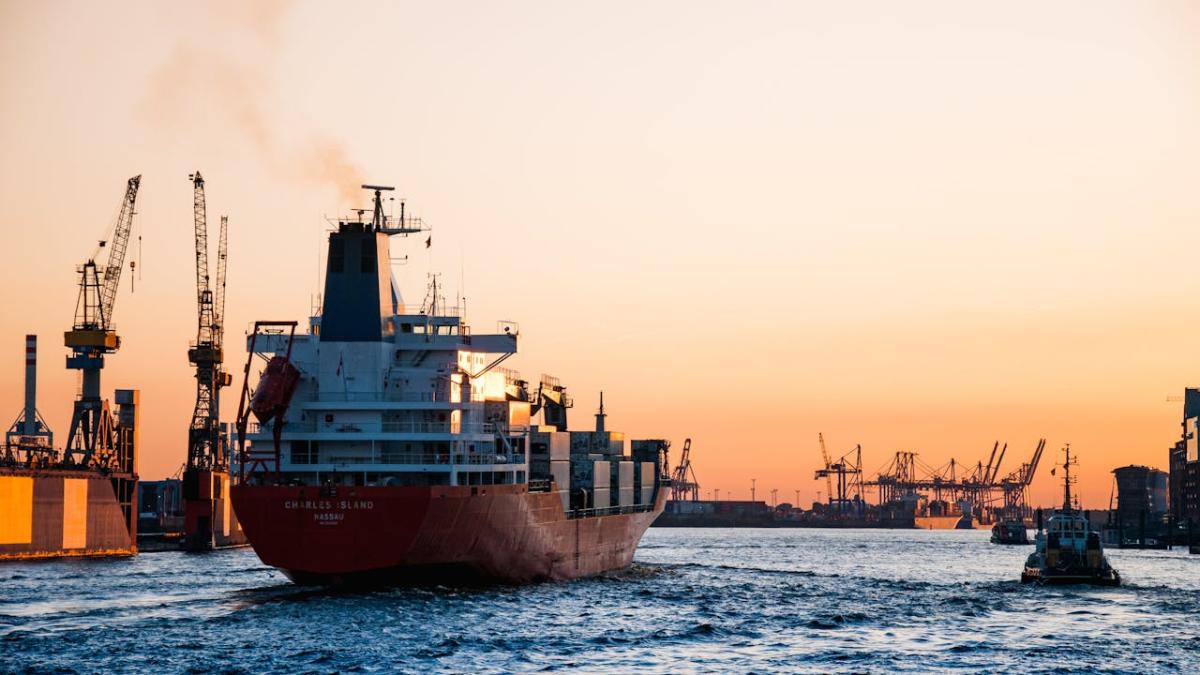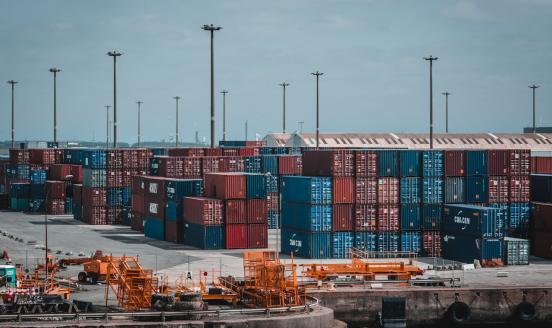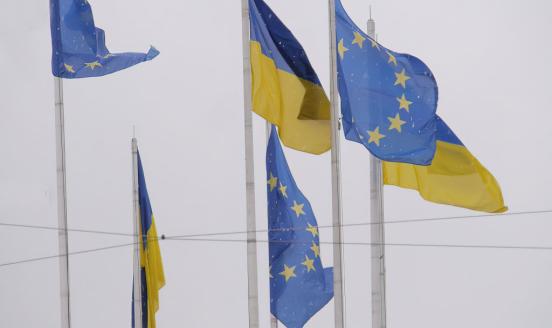Global supply chains: lessons from a decade of disruption
This paper revisits the effects of three shocks on the functioning of global supply chains.

This paper explores both the character and impact of three recent shocks to global supply chains: the COVID-19 pandemic, the Russian invasion of Ukraine and the US-China trade war. These were large shocks which have had significant impacts on domestic and international supply chains, but these impacts have differed in their longevity, economic impact and policy responses. We show that supply chains were remarkably resilient against shocks of such magnitude. However, this resilience was also achieved thanks to the equally remarkable size and scope of policy responses and global supply chain reorganisation. We recommend that pre-emptive policies may be justified to shield households and industry from future shocks. Given the entangled nature of these shocks and that their effects continue to reverberate, we emphasise the need for extensive future research to understand the nature of these shocks and the effectiveness of policy responses.



